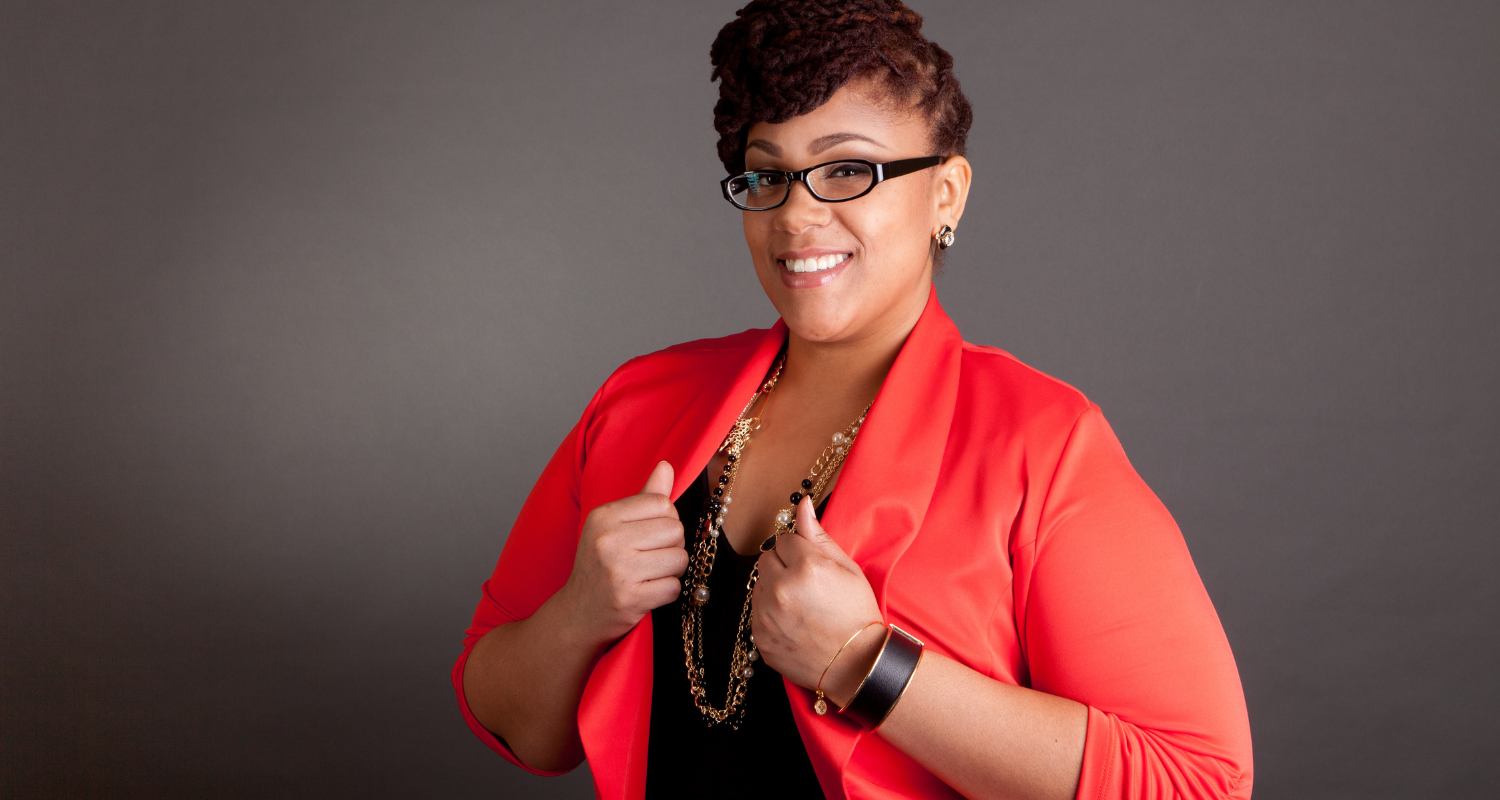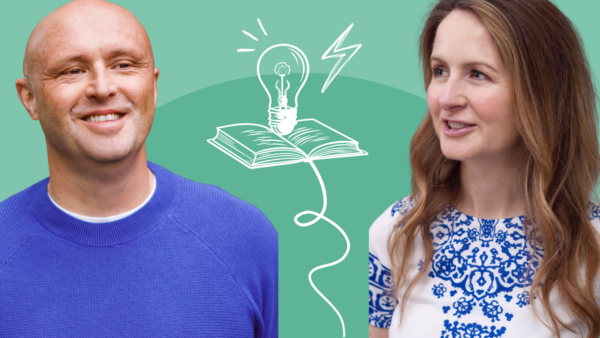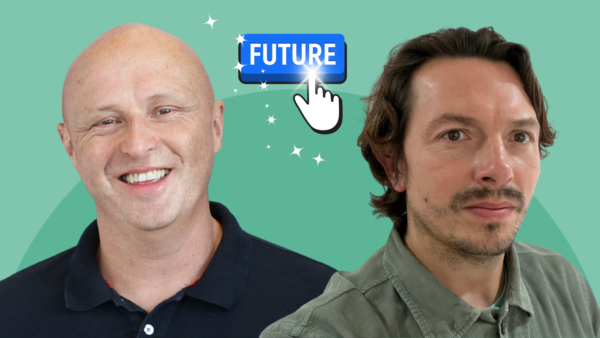You’ve found the perfect role – but how to land it?
Picture the moment: you’ve seen a great role with a great organisation (or even a great internal project or assignment at work), and you just know that it’s a perfect fit for you and exactly what you want to be doing next in your career. But how do you make sure you get the opportunity to convince others and, more importantly, smash that all-important interview? This blog will help you smash your next interview, and all your future interviews, the strengths way, so that you can move to the next stage of your career journey, and the next and the next.
Strengths can help…in three ways
Strengths can play a vital role for you in preparing for your next interview, as well as in the interview itself, but you’ll need to do some preparation to get the best from your strengths. How can your strengths help you?
- They can bring your CV to life and make it more personal, more human and more focused on the requirements of the role
- They can help you in your job search and as you look for your next opportunity
- They can give you a way of bringing you to the interview, by explaining HOW you did what you did as well as WHAT you did, when you’re giving examples of past experiences you’ve had.
With some preparation, and careful consideration of not only your skills and experience, but also your strengths, you can give yourself a far better chance of being successful at interview. You’d be surprised by the number of people who don’t arrive well-prepared for an interview, and who don’t make the connection between the requirements of a role and their own unique strengths.
When you demonstrate to others how you use your strengths, and how you could apply them to a new role, it gives them a better idea of your energy, your commitment to and your engagement with a role than by focusing on just your skills. In other words, if you know that you have both the skills AND the strengths for a role then you are far more likely to be able to do that role AND enjoy it, and that will come through as passion, energy and enthusiasm for the role. And that’s gold for interviewers.
Let’s go through my three areas where strengths can really help you…
Bringing strengths to your CV
Firstly, your CV or application is often the first time a potential employer will ‘meet’ you and get a sense of how you’d be as an employee, so when applying for a role, don’t be tempted to just list what you bring to it based on skills and experience alone. Instead, take the opportunity to demonstrate how your strengths can be used effectively in the role. Describe yourself in terms of the strengths you bring and the ways in which they energise you and are helpful to the role. And make sure that for each key requirement of the role, you select the strengths that you believe will best serve you. Remember, you are trying to get across your passion and energy for the role, as well as your capability to do it. Here’s a couple of example phrases that illustrate what I mean:
‘I absolutely love organising people, projects, tasks and teams – it’s something I’m born to do, with my focus on efficiency and results focus.’
‘I am passionate about creating and leading teams that get the job done, no matter the odds. I do this through drawing on my strengths of collaboration and resilience and by making sure team communication is always a priority.’
…that kind of thing. Passion, energy, authenticity, strengths and results. Powerful combination.
Strengthening your job search – your way
Secondly, your strengths can be super-helpful if you choose to put them to work to land your next role. For example, if you have a Relationship-building strength, ask yourself whether you can leverage your network internally or externally to put you in the best position, finding champions, connectors, people who know other people, getting the message out as to what you’re looking for and why. If you have an Initiative strength, use that energy to start pulling together a short list of the kinds of organisations that would be a great fit for you and go target them, starting right now! If you have a Resilience strength, make it a challenge – think of the job search process as an opportunity to really stretch yourself in new areas, maybe have a look at riskier or larger roles than you have done up to now and use any rejections to motivate yourself even more.
You might need to sit back and think for a while on how your strengths can help you when you’re looking for your next role, but they are your superpowers and when you bring them into action, they can really help.
Supercharging your interview with strengths
Thirdly, your strengths can be a great way of helping you to bring more you to an interview. This is similar but different to using your strengths in a CV – this time, it’s worth prepping how you can talk about the strengths that have powered you when you’ve had good successes at work in the past. When you combine this with using the STAR approach to prepping for interviews, you’ve got a winning combination. STAR you say? Yes, STAR: Situation, Task, Action, Result.
STAR is a common approach to behavioural interviewing and a lot of organisations use it today. In a nutshell, you set the context (describe the background) – that’s Situation. Then you talk about what you were responsible in that situation – that’s Task. Then what YOU did, not what WE did in that context, so that you can talk about where you made a difference – that’s Action. And finally, Result is what happened, what outcome did you get? The strengths element you can weave into the Action part of your answer – what you did, but here you’re adding in HOW you did it…using your strengths. That brings it all to life a bit more for the interviewer and helps your passion and human-ness to shine through.
So for me it might be…’well as a business we were facing a global pandemic and it was my responsibility to make tough financial decisions as we saw a fall in our sales during the first quarter of the year. I worked collaboratively with the team, making sure that they were kept informed every step of the way so that they could be reassured that we would get through this together. I also led the team by focusing on the vision of the business, as I knew that would get us through any short-term challenge and I made sure the team had a chance to say how they were feeling and ask questions by putting in place an ‘ask the management team’ session when we were right in the thick of the toughest part of the year. The result was that we saw no redundancies or furloughing and we ended the year with back-to-back record-breaking quarters. There you go, strengths woven in as a way of saying HOW I did what I did, which will set me apart from other leaders, who might approach that situation differently.’
What about managing your risk areas – they can be gold at interview
Another important part of bringing strengths into interviews is to own your risk areas too. You know the old example of what are your weaknesses? ‘Oh, I’m a bit of a perfectionist’. Well that’s a bit cliched of course but if you take it further and talk about more of the downside to your risk areas and most importantly, how you’ve learned to manage those risks, then you’re bringing in even more of you, the human, to the interview. So in the example I just gave – ‘you know, at times, I think maybe I could have been a little less open. There were points where I couldn’t predict what was going to happen next, but sharing some of the options we were considering if we didn’t turn a corner financially may have been a step too far. I learned that sometimes it’s ok to keep the empathy and collaboration in check and just give out the message that we got this. As it turned out, we didn’t use those options, so why worry people for the sake of making them feel included?’
In summary
So those are my three top tips for smashing your next interview, the strengths way: humanise your CV with strengths, use your unique strengths to help you before you’ve even got to the interview and definitely prep some STAR type example smattered with strengths. Plus, the bonus I gave at the end was of owning your risk areas and talking about how you’ve learned to manage them. That’s it for this week. Till next time, stay strong.












